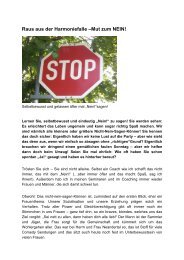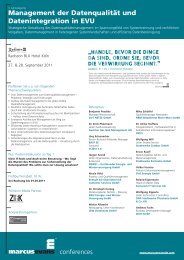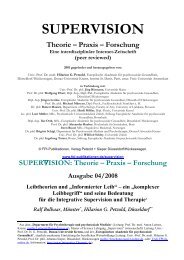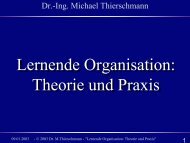Ilia Chavchavadze - brainGuide
Ilia Chavchavadze - brainGuide
Ilia Chavchavadze - brainGuide
You also want an ePaper? Increase the reach of your titles
YUMPU automatically turns print PDFs into web optimized ePapers that Google loves.
Summary<br />
centralism, i. e. it is created a reliable legal mechanism of rational balan-<br />
cing of public will.<br />
The development of I. <strong>Chavchavadze</strong>’s model of division of power<br />
resulting from the „bases of self-government“ is instrumental in the work,<br />
resp. the generalization of the given model in respect of the traditional<br />
theory of division of power, which on its part is also the basis of further<br />
development of the latter. I. <strong>Chavchavadze</strong>’s conception, projecting it on<br />
the system of central power, means that the functional sovereignty of each<br />
branch of power is already determined by the specificity of its formation.<br />
As a rule, in legally high organized countries even nowadays the citizens<br />
form just the legislative power; the formation of central executive and judicial<br />
power takes place not by the direct participation of people, but just<br />
in the name of people and represents a strictly „inner-state“ procedure. At<br />
this, with regard to the fact that the state itself autonomously forms the<br />
executive and judicial power, first of all, we have to do with burdening of<br />
legislative power with an unnatural for it competence in one or another<br />
way that does not at all answer its purpose.<br />
Montesquieu, as founder of the theory of division of power, passes<br />
this inconsistency over in silence, a logical consequence of which is the<br />
reality where in that manner, in which Montesquieu divides the state into<br />
three separate sovereigns, cannot be finally achieved their harmonious<br />
reconstruction as a united sovereign. As distinct from it, by development<br />
of I. <strong>Chavchavadze</strong>’s conception we come to the result that each branch<br />
of power here too must be responsible to „public law and justice“ resp. to<br />
the people and not to one another; thus, in form of metastructural systematic<br />
control there is an effective legal mechanism that determines a united,<br />
really balanced development of all branches of power and their integration<br />
into the state organism as into the higher sovereign unity. To be<br />
precise, where the focal question is the effectivness, the maximal productivity<br />
of state power and not constructivism, the given factor is crucial. At<br />
the same time, this does not limit the responsibility of each of them to the<br />
136
















